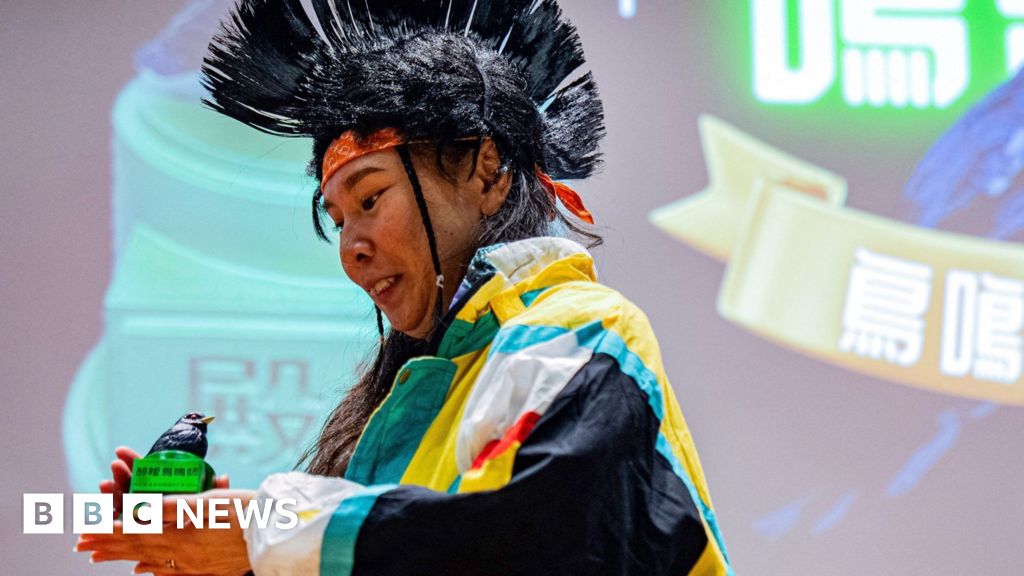The sisters from southwestern China who recently explored Hong Kong serve as a case study, embodying a phenomenon known as “special forces tourists." This trend reflects changes in the nature of tourism in the region — rapid, cheap visits that prioritize experience over spending. Formerly renowned for drawing upscale consumers for its luxury goods, Hong Kong's current visitor demographic now predominantly consists of budget-conscious mainland Chinese travelers.
This new reality presents challenges for a city still recovering from past COVID-19 restrictions and social unrest. As traditional shopping loses its allure, Hong Kong is rebranding itself as the events capital of Asia, focusing on concerts, exhibitions, and large-scale events to attract visitors back to its streets.
Among its latest initiatives is the unveiling of a $4 billion sports park at the former Kai Tak airport. Central to this development is a state-of-the-art stadium designed to host major sporting events and concerts, which recently showcased its capacity during a popular Rugby Sevens tournament. Hong Kong's embrace of cultural and sporting milestones not only aims to enhance its tourism appeal but also offers a fresh narrative in the wake of years marked by political and social turbulence.
As Hong Kong looks to this new strategy, the challenge remains to engage visitors meaningfully and turn their fleeting visits into lasting memories—and potentially, renewed spending.
This new reality presents challenges for a city still recovering from past COVID-19 restrictions and social unrest. As traditional shopping loses its allure, Hong Kong is rebranding itself as the events capital of Asia, focusing on concerts, exhibitions, and large-scale events to attract visitors back to its streets.
Among its latest initiatives is the unveiling of a $4 billion sports park at the former Kai Tak airport. Central to this development is a state-of-the-art stadium designed to host major sporting events and concerts, which recently showcased its capacity during a popular Rugby Sevens tournament. Hong Kong's embrace of cultural and sporting milestones not only aims to enhance its tourism appeal but also offers a fresh narrative in the wake of years marked by political and social turbulence.
As Hong Kong looks to this new strategy, the challenge remains to engage visitors meaningfully and turn their fleeting visits into lasting memories—and potentially, renewed spending.

















